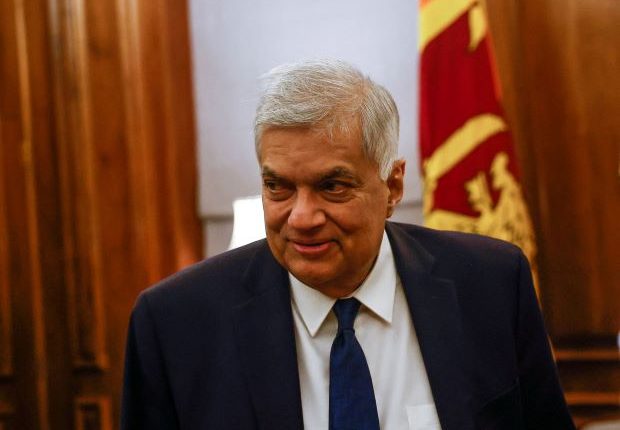COLOMBO – Sri Lanka President Ranil Wickremesinghe instructed officials to implement the long delayed and politicized Free Trade Agreement (FTA) with Singapore immediately.
The FTA was mooted by Wickeremsinghe when he was the prime minister and was signed at the Ministerial Level in January 2018. It came into force on May 1, 2018.
The FTA covers goods, services, investment, intellectual properties, telecommunications, e-commerce, trade facilitation, government procurement, competition and economic and technical co-operation.
However, under previous president Gotabaya Rajapaksa, who was ousted in July this year by a 4-month long public protest, it was reviewed and faced an uncertain fate as some trade unions told him the FTA would deprive opportunities of some local industry.
The Attorney General’s Department in February 2020 informed the Supreme Court that the Government of Sri Lanka has decided to revisit and review the FTA.
Many trade unions including the Government Medical Officers Association (GMOA) protested against the FTA when it was signed in 2018.
President Wickremesinghe since becoming the president has been in talks with Singapore to revive the deal.
The president’s office said Wickremesinghe issued instructions to immediately implement the FTA during the discussion held at the Presidential Secretariat on Wednesday (16).
“The existing problems in this regard were discussed at length and the President highlighted the need to provide quick solutions to all the existing problems,” the president’s office said in a statement.
Wickremesinghe, leader of centre-right United National Party (UNP), has consistently maintained that FTAs are the way forward to boost Sri Lanka’s economic growth and ease possible economic crisis.
However, he could not implement the FTA due to protest by trade unions which backed the ruling Sri Lanka Podujana Peramuna (SLPP).
The SLPP backs Wickremesinghe now and analysts see no opposition for his decision as majority of the 225-member parliament lawmakers have not objected to his past economic policy decisions.
-economynext.com



Comments are closed, but trackbacks and pingbacks are open.